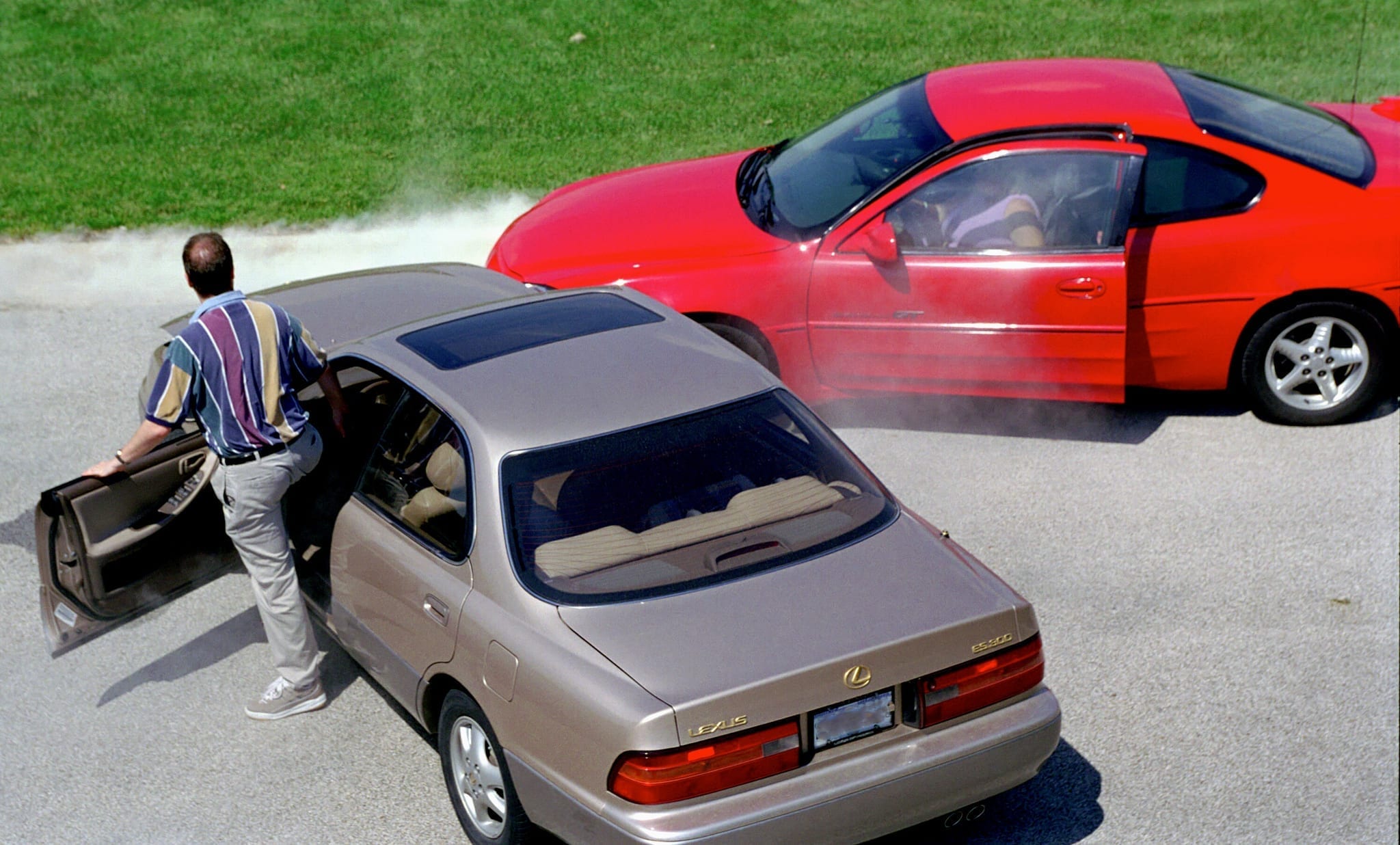Most importantly, drivers should know that vehicle data can both protect and implicate them in a car accident case.
Car accident litigation has always relied on evidence like eyewitness testimony, police reports, and physical damage analysis. However, in today’s digital age, advanced vehicle data is revolutionizing how fault and liability are determined in car accident cases. Modern vehicles equipped with cutting-edge technology provide a wealth of information, from Event Data Recorders (EDRs) to telematics systems, transforming the landscape of personal injury and accident litigation. This article explores the impact of vehicle data on legal proceedings, the ethical challenges it raises, and what drivers need to know about protecting their rights.
The Role of Advanced Vehicle Data in Accident Litigation
According to kingbirdlegal.com, advanced vehicle data has become a game-changer in car accident litigation. Many vehicles today are equipped with EDRs, often referred to as “black boxes,” which record critical data before, during, and after a crash. These devices capture metrics such as speed, braking force, seatbelt usage, and airbag deployment. This information provides a detailed, objective account of what transpired, often proving invaluable when reconstructing an accident scene.
Additionally, telematics systems, such as those found in rideshare vehicles or fleet trucks, collect real-time driving data, including location tracking and driver behavior. Lawyers and accident reconstruction experts increasingly rely on this data to strengthen their cases, ensuring accurate liability assessments. These technological advancements are shifting the focus from subjective accounts to indisputable facts, resulting in more transparent and fair outcomes.
Privacy Concerns vs. Justice: Striking the Right Balance
While vehicle data plays a pivotal role in accident litigation, it raises significant privacy concerns. Drivers may not be fully aware of the extent to which their vehicles collect data or how it could be used in court. For example, telematics data could expose not only details of the crash but also a history of reckless driving or other patterns that could be damaging in legal proceedings.
The ethical dilemma lies in balancing the pursuit of justice with the protection of personal privacy. Laws governing vehicle data ownership vary widely, with some jurisdictions granting drivers full ownership while others allow manufacturers or insurance companies access. This patchwork of regulations makes it challenging for legal professionals and drivers alike to navigate the complexities of data usage in litigation. As technology advances, the need for clear legal guidelines on data privacy and admissibility becomes increasingly urgent.
Emerging Technologies in Crash Reconstruction
The integration of advanced vehicle data into crash reconstruction has taken the field to new heights. Traditionally, crash reconstruction relied heavily on physical evidence like skid marks and vehicle damage. Today, data from EDRs and telematics systems provides a level of precision that was previously unattainable. Combined with AI-powered software, legal teams can create detailed simulations of an accident, showing exactly how events unfolded.
Additionally, virtual reality (VR) is becoming a powerful tool in courtrooms. Lawyers and accident reconstruction experts can use VR to create immersive, three-dimensional accident scenes for judges and juries. This technology not only enhances the clarity of evidence but also helps jurors visualize the impact of a crash in a way that words or photographs cannot. These innovations are redefining the standards of evidence in car accident litigation.
Challenges for Legal Professionals
While advanced vehicle data offers immense potential, it also presents challenges for legal professionals. First and foremost is the issue of accessibility. Gaining access to EDR or telematics data often requires cooperation from manufacturers, insurers, or third-party companies, which can be a time-consuming and costly process. In some cases, obtaining this data may require court orders, adding another layer of complexity.

Another significant challenge is the need for specialized knowledge. Interpreting vehicle data often requires collaboration with data analysts or accident reconstruction experts. Lawyers must invest time and resources into understanding these technologies to effectively incorporate them into their cases. Despite these hurdles, the ability to leverage advanced vehicle data is becoming an essential skill for attorneys handling car accident claims.
Legislation and Regulation: What’s on the Horizon?
The legal landscape surrounding vehicle data is evolving rapidly. As cars become more connected, governments and regulatory bodies are working to establish clearer rules about data ownership and access. Some states in the U.S. have introduced laws granting drivers ownership of their vehicle data, while others are exploring regulations that mandate data sharing in cases of public safety or legal necessity.
Globally, countries like the European Union are implementing stricter data privacy laws under frameworks such as the General Data Protection Regulation (GDPR). These efforts aim to ensure that data collection remains transparent and that drivers maintain control over their information. However, the fast pace of technological advancements often outstrips legislative efforts, leaving gaps in regulation that can complicate litigation. As lawmakers catch up, legal professionals must remain vigilant and adaptable to changes in data accessibility and admissibility standards.
Conclusion: What Drivers Need to Know
For drivers, understanding how advanced vehicle data might impact their rights and legal cases is essential. First, it’s important to be aware of what your car is recording and who has access to that data. Reviewing your vehicle’s manual, consulting with your manufacturer, or speaking to a legal professional can clarify these details. Additionally, consider the implications of telematics systems, particularly if you participate in usage-based insurance programs.
Most importantly, drivers should know that vehicle data can both protect and implicate them in a car accident case. While it provides objective evidence that can support your claim, it can also reveal details that may not work in your favor. Being informed and proactive about your rights is the best way to navigate this evolving landscape. As advanced vehicle data continues to reshape car accident litigation, staying educated and prepared will ensure that drivers remain in control of their information and their legal outcomes.


Join the conversation!